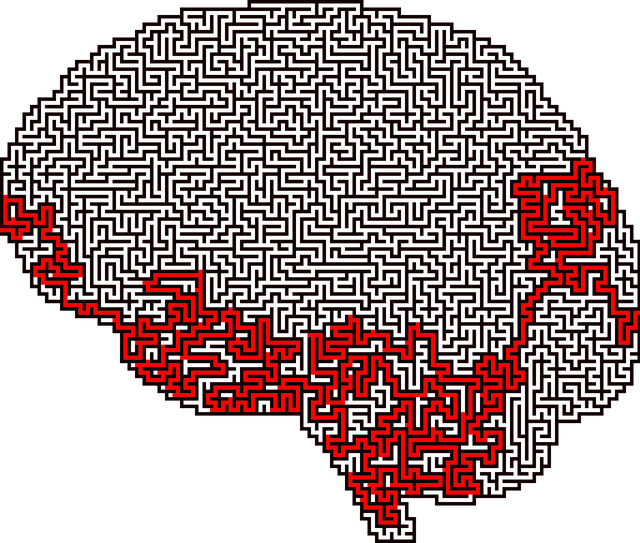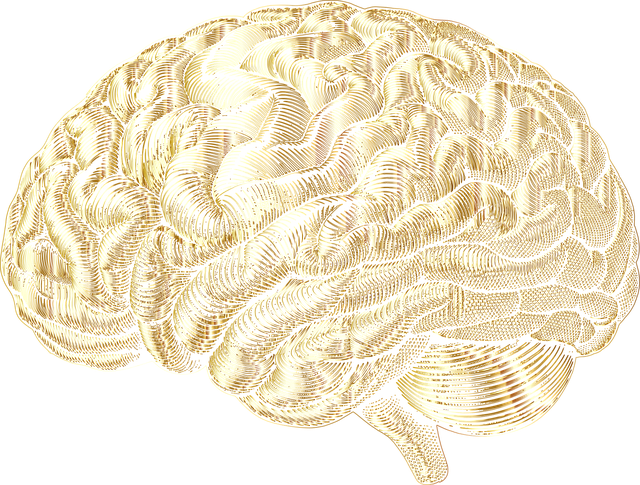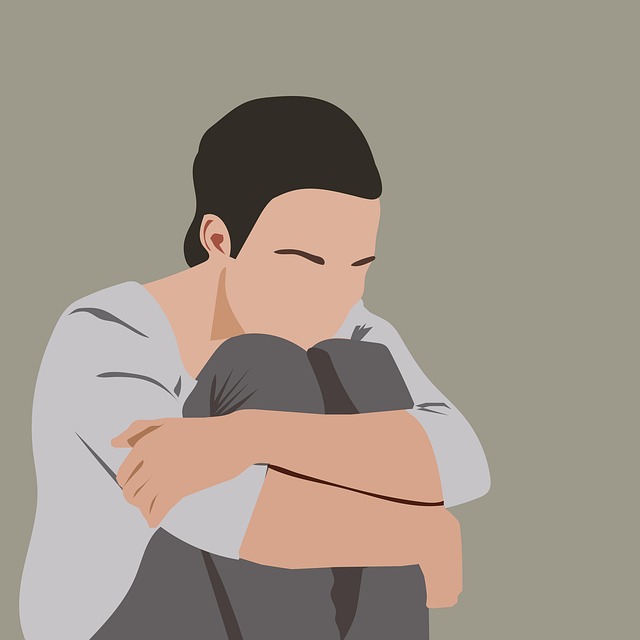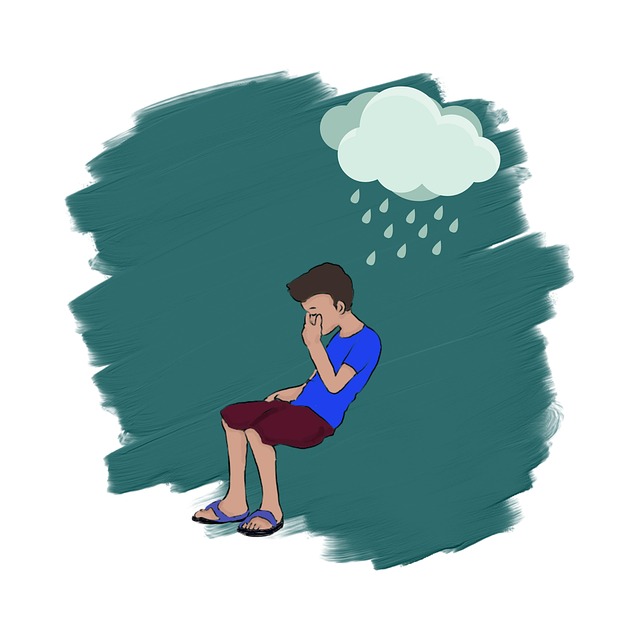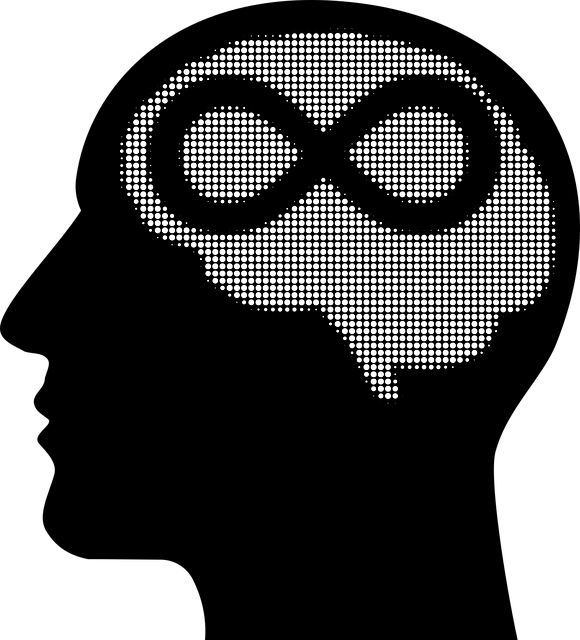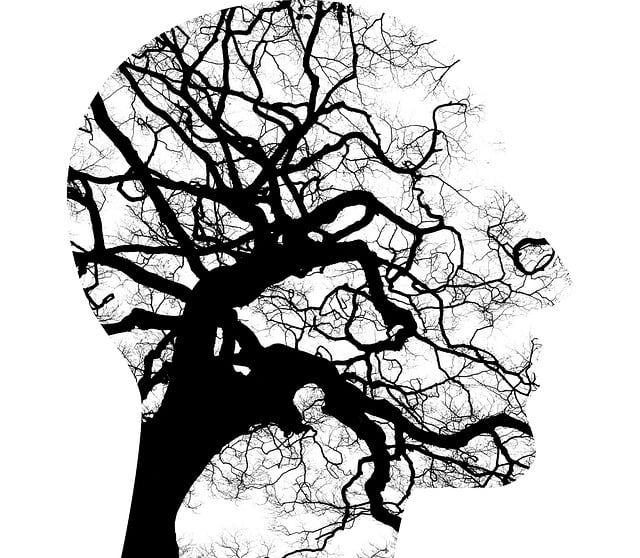Mental health apps, like Centennial Eating Disorders Therapy, offer accessible, personalized support through mobile apps, online communities, and workshops, empowering users to manage stress, boost confidence, and overcome challenges from home. Key features include tailored dietary plans, mindfulness practices, peer support forums, and educational modules to break stigma. Effective marketing strategies focus on community building via social media, influencer partnerships, and free trials highlighting self-awareness exercises and self-care practices.
In today’s digital age, mobile apps are transforming healthcare, especially mental wellness. This article explores the development of a revolutionary Centennial Eating Disorders Therapy app, addressing a pressing global issue. We delve into understanding mental health and its digital solutions, dissecting key features and functionality for effective eating disorders therapy. Additionally, we uncover innovative marketing and user engagement strategies to ensure widespread adoption and positive impact.
- Understanding Mental Health and its Digital Solutions
- Developing an App for Eating Disorders Therapy: Features and Functionality
- Marketing and User Engagement Strategies for Centennial Eating Disorders Therapy App
Understanding Mental Health and its Digital Solutions

Mental health is a comprehensive aspect of overall well-being, encompassing our emotional, psychological, and social states. It affects how we think, feel, and act in various situations, impacting our ability to cope with stress, make choices, and relate to others. Recognizing the significance of mental wellness, especially in addressing issues like Centennial Eating Disorders Therapy, has led to a surge in digital solutions. These innovative tools are transforming traditional therapy methods into accessible, personalized experiences for individuals seeking support.
Digital platforms offer discreet and convenient options for those who may feel hesitant to seek in-person counseling or lack access to specialized services. From mobile apps providing Trauma Support Services to online communities fostering confidence boosting activities, the digital realm is a vast landscape of potential for mental health interventions. Additionally, these solutions can be tailored to individual needs, offering personalized Stress Management Workshops that help users navigate their unique challenges effectively.
Developing an App for Eating Disorders Therapy: Features and Functionality

In the realm of Centennial Eating Disorders Therapy, app development plays a pivotal role in providing accessible and personalized support. A comprehensive therapy app should be designed with features that cater to the unique needs of individuals struggling with eating disorders. Essential functionalities include tailored dietary plans, tracking mechanisms for meal intake and symptoms, and integrated tools for positive thinking exercises and mindfulness practices. These digital tools can offer a sense of control and self-awareness, empowering users to make informed choices regarding their health.
The app’s design should also incorporate features that foster community engagement, such as forums or support groups, enabling users to share experiences and connect with peers. Additionally, integrating Mental Health Education Programs in the form of interactive modules can educate users about eating disorders, breaking down stigma, and promoting a healthier relationship with food. A well-crafted app, enhanced by regular updates and Community Outreach Program Implementation, has the potential to revolutionize therapy accessibility and significantly contribute to improved mental wellness outcomes.
Marketing and User Engagement Strategies for Centennial Eating Disorders Therapy App

To successfully market and engage users with the Centennial Eating Disorders Therapy app, developers should focus on strategies that promote awareness and foster a sense of community. One effective approach is to leverage social media platforms to share inspiring stories of recovery, highlighting how the app’s Self-Awareness Exercises, Social Skills Training, and Self-Care Practices have transformed lives. Influencer partnerships with mental health advocates can also amplify reach and credibility, especially among younger audiences who are more active on these channels.
Additionally, hosting online webinars, workshops, or live Q&A sessions featuring experts in eating disorder treatment and recovery can attract users seeking support. Offering free trial periods or sample content allows potential users to experience the app’s benefits firsthand, encouraging full adoption. Gamification elements, such as achievement badges for completing self-care challenges, can boost user engagement and make the therapeutic journey more enjoyable.
The development of mental wellness apps, particularly those focused on eating disorders like the Centennial Eating Disorders Therapy app, represents a significant step forward in accessible digital healthcare. By combining evidence-based therapy techniques with user-friendly interfaces, these applications offer a promising approach to improving mental health outcomes. Effective marketing and engagement strategies further enhance their impact, ensuring that individuals seeking support have access to innovative tools tailored to their unique needs. As the demand for digital mental health solutions continues to grow, ongoing research and app advancements will play a crucial role in shaping a healthier future.
